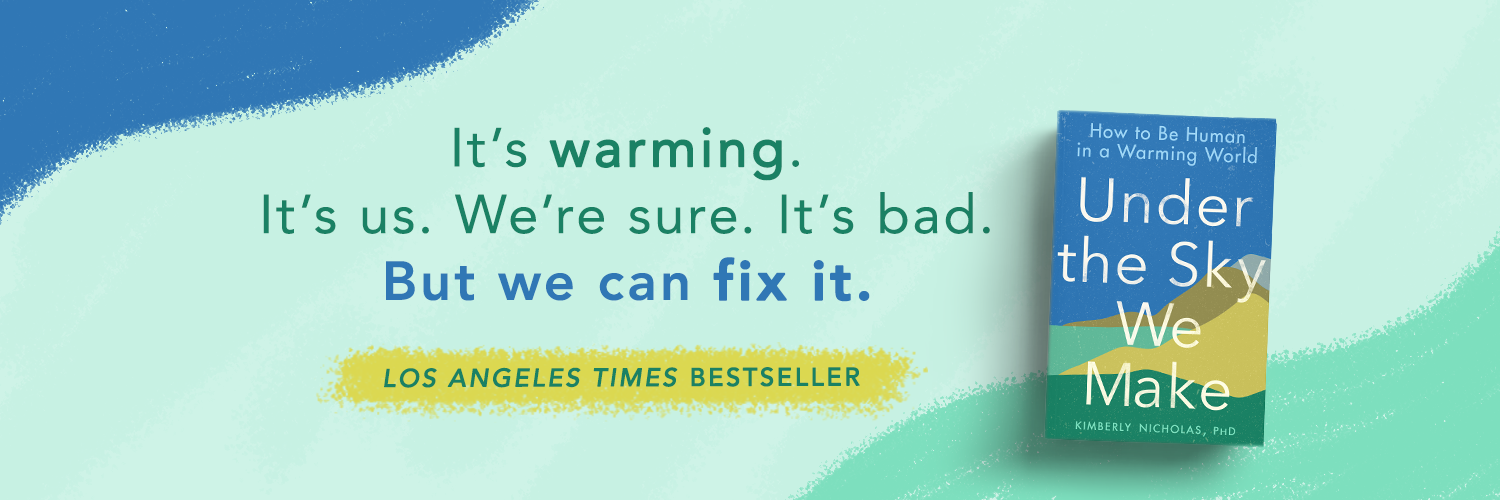|
I remember being confused about what was expected of scientific authorship in grad school. My mentor Pam Matson had a helpful rule of thumb: there are three things you can do to contribute to a scientific paper: (1) have the idea, (2) get the money, and (3) do the work. At least two of these three are required for authorship. (Thus, under this model, a PI who has an idea and gets funding to support a PhD student on that theme would be expected to be a coauthor on all resulting papers.) I appreciate having clear guidelines and expectations for authorship, so I was glad to come across the authorship guidelines from the Vancouver Convention. Basically, they recommend 4 criteria for authorship (all four criteria must be met for authorship): 1. Substantial contributions to the conception or design of the work; or the acquisition, analysis, or interpretation of data for the work; AND 2. Drafting the work or revising it critically for important intellectual content; AND 3. Final approval of the version to be published; AND 4. Agreement to be accountable for all aspects of the work in ensuring that questions related to the accuracy or integrity of any part of the work are appropriately investigated and resolved. This is the model I aim to follow in my collaborations. Thus, I expect myself and all authors to make a substantial intellectual contribution (#1) and contribute to writing and editing the manuscript (#2). I interpret #3 above as the lead (first) author has responsibility to solicit and integrate input from all authors in making revisions, and obtain their approval before sending to the journal. I interpret this responsibility as applying at three stages: 1. During drafting of a manuscript, until all authors approve the MS being submitted to the journal; 2. During peer review, when the lead author takes primary responsibility for addressing comments from peer review, with input from all authors, and gets approval from all authors for the version to re-submit to the journal (this stage repeated as necessary if there is more than one round of peer review); and 3. During copyediting, when the lead author shares the typeset and corrected final proof with all authors for their approval before submitting for processing and publication. I think all three of these stages are important in order to ensure that the last round (approval before publication) is sufficiently met, so that all authors are in a position to take ethical responsibility for the work (#4). (See my tips on how to work with revisions suggested by reviewers here.) When working on revisions, and especially with large and diffuse author groups, the lead author has to herd the cats and balance between giving everyone opportunity for input, and making decisions about the most appropriate direction for the paper (especially when coauthors or reviewers may have contradictory suggestions). After giving all authors a chance for input, during revisions the lead author might send around a version that incorporates changes suggested and say something like, “Thanks for all your comments, which have been incorporated in the attached version. I had to balance between suggestions X and Y, which I did by Z; I hope everyone is satisfied with this approach. I would like to submit on X date (eg 1 week in the future). Please reply with either (a) any critical changes needed for accuracy or (b) your approval to submit. Thanks!” It's especially essential to receive positive affirmation (i.e., a verbal or written OK to submit) from each author for the final version to be published. Comments are closed.
|
Categories
All
Archives
November 2023
|
KIM NICHOLAS
 RSS Feed
RSS Feed

